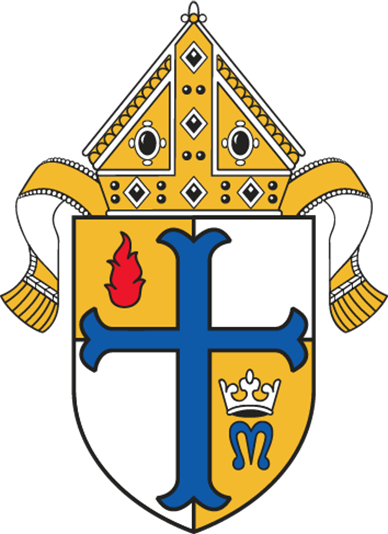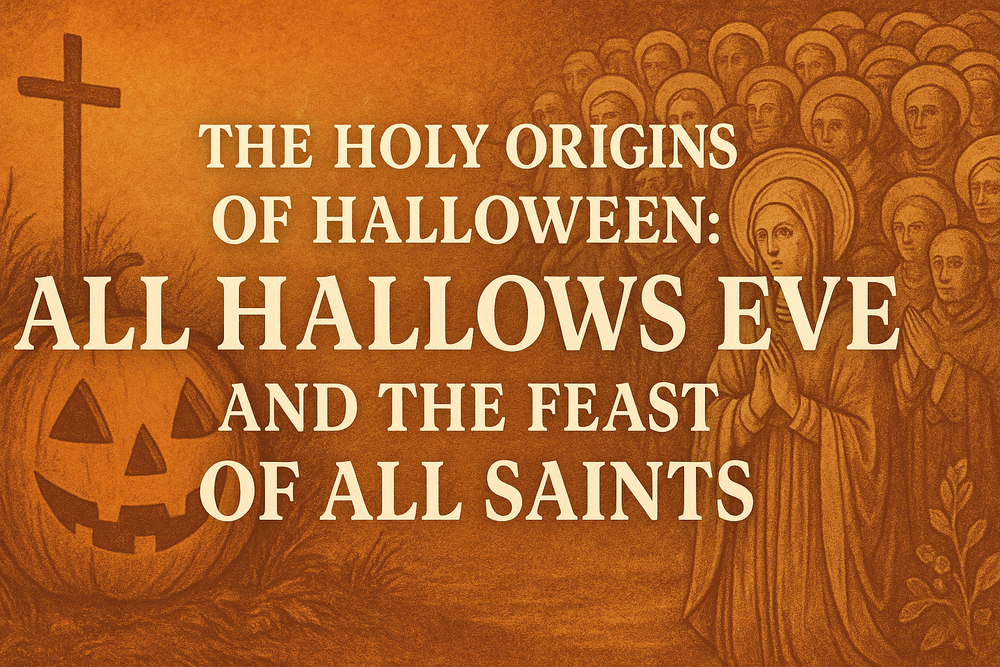Did you know that Halloween actually has significant Catholic origins? The etymology of the term Halloween is "hallows," meaning 'holy' and "e'en," truncated for 'evening.' This holy evening, sometimes known as "All Hallows Eve," was celebrated historically by Christians and other cultures in preparation for the great feast of All Saints Day, which may also be referred to as "Feast of All Hallows," or the Feast of all the Holy ones, which are all of those who made it to Heaven. In a similar way that the great Easter Vigil Feast begins the celebration of Easter Sunday, All Hallows Eve begins the celebration of the great Feast of All Saints.
The Feast of All Saints is the day in the Church when we celebrate the lives of all of those who have made it to Heaven. During the month of October, we celebrated several great saints such as Pope St. John Paul II and St. Therese of Lisieux, who have their own dedicated feast days in the Church. However, the Church also recognizes that we are surrounded by "a cloud of witnesses" as St. Paul puts it, which is made up of people who may not have their own feast day on the liturgical calendar, but chose to live their lives as witnesses to Christ here on Earth and made it to Heaven. This includes loved ones and friends of our families and community who have "won the race" as St. Paul would say.
As we celebrate All Hallows Eve, All Saints Day, and All Souls Day this year, may we enjoy the traditions of our families, and all the candy and treats. May we also celebrate with great joy the saints who surround us and accompany us in this life, and pray for all of those who have gone before us that they may be a part of the Heavenly banquet.

